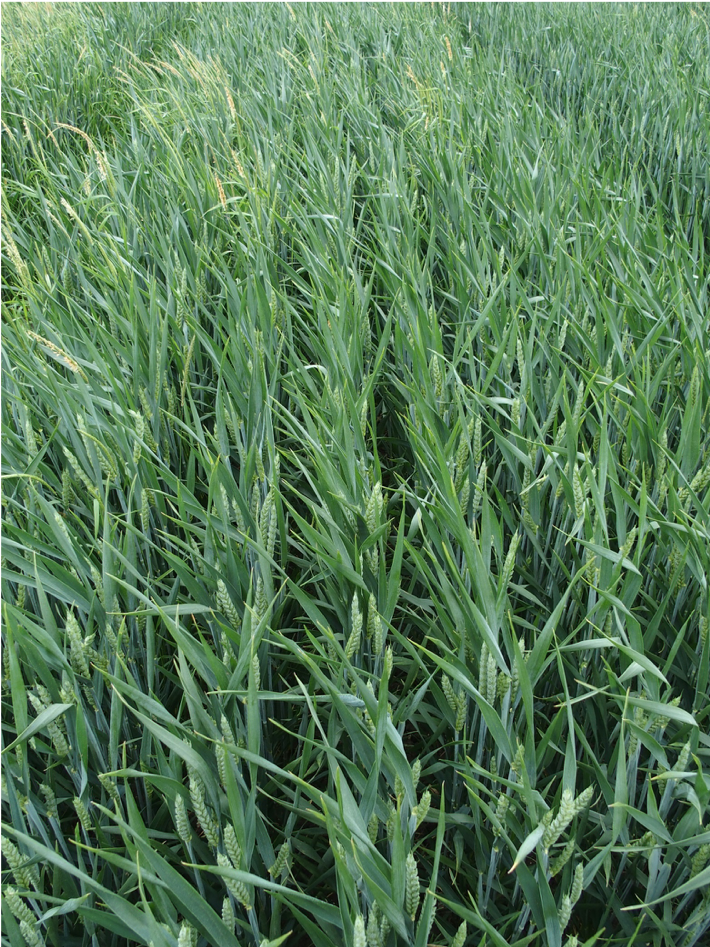BASF has increased supply of Crystal to better meet demand from many UK growers who need to make the best possible start to their black-grass control programmes this season.
The price has also been reduced, making the product more cost-effective than ever, says agricultural solutions campaign manager Ruth Stanley.
“Choosing the best chemistry will be vital this autumn. Prior to harvest we saw an abundance of black-grass heads in many cereal crops around the country, despite what appeared to be good control in autumn 2017.
“All these heads will have shed their seed. It’s a reminder that good planning is needed for effective black-grass control and the strategy should include a range of cultural and chemical techniques to be successful.”
With black-grass said to be of low dormancy this season, delaying drilling could be especially valuable, allowing more time to take advantage of stale seed-beds. Sowing competitive varieties at the right seed rate will provide additional suppression.
In any autumn-sown cereal crop, using the best chemistry incorporating different modes of action at the right rates will gain the greatest percentage control of black-grass.
Over several seasons in 59 separate BASF and independent trials Crystal gave the most reliable control. These findings were backed up last season in trials at the NIAB TAG site at Hardwick, Cambridgeshire, where treatments of Crystal or Crystal + diflufenican (DFF) outperformed its main competitor alone or with prosulfocarb.
“The extra residual grass-weed control component in pendimethalin clearly showed its value,” says Mrs Stanley.
Although the actives present in Crystal can be bought as generics, this could prove to be a false economy as trials show the formulation of Crystal provides a significant uplift in performance, she adds (see pictures).
“It’s vital to get the best possible start to control black-grass to ensure crops are profitable by achieving their maximum potential yield.
“A black-grass population of 300 heads/sq m will lose £615.60/ha* at today’s prices, so no-one can afford to cut corners,” says Mrs Stanley.
Crystal + DFF (4lt/ha + 0.2lt/ha) should be applied within 48 hours of drilling ideally onto moist, clod-free and consolidated seedbeds, and soil should not be disturbed after application.
In severe black-grass populations, Avadex should be used before the Crystal application to gain maximum control of the weed.
Battling black-grass – best advice
BASF has teamed up with a team of independent experts to provide best advice on battling black-grass this autumn.
With black-grass control every little helps; lots of small changes can make a big improvement to the control achieved in field by using the right herbicides.
For further advice and tips from John Deere on machinery hygiene, ADAS on weed biology, Neil Fuller on soil health, Tom Robinson with spray application and Philip Wright on cultivation and drilling techniques, please go to BASF’s dedicated arable weed control website at www.basfrealresults.co.uk/awc
BASF is also keen hear of growers’ top tips on black-grass control, which could win a place at the BASF Battling Black-grass Together conference next year. To enter your top tips and the competition go to www.basfrealresults.co.uk/awc/competition
*2016, S.Cook, J. Roberts, Optimising the competitive effects of hybrid barley for the control of Alopecurus myosuroides. 7th International Weed Science Congress, June 19-26 2016, Prague, Czech Republic




